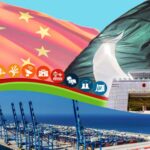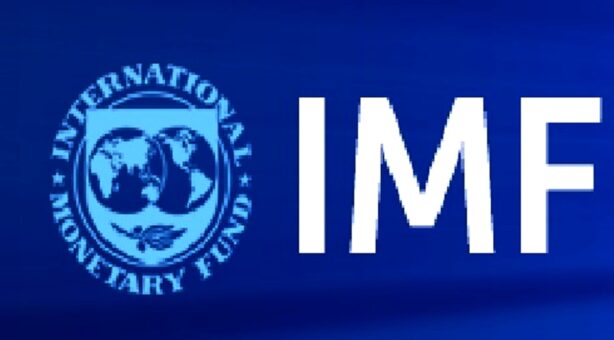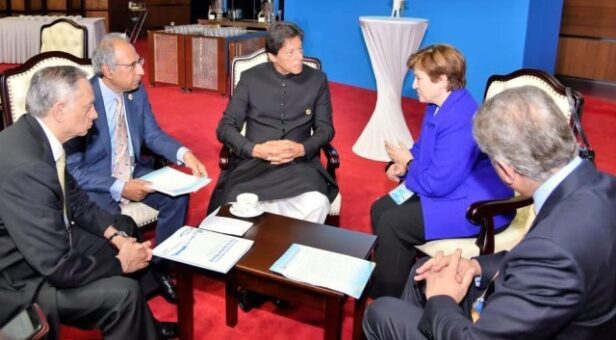KARACHI: Pakistan’s premier conglomerate, Engro Corporation, has announced investment in telecom infrastructure.
The investment has been approved by board of directors of the corp. in its meeting held on April 25, 2019. The BoD also approved financial results for the quarter ended March 31, 2019.
Engro Corporation, in light of its long-term strategy, has streamlined its businesses in four verticals namely Food & Agriculture, Energy & Related Infrastructure, Petrochemicals and Telecommunications Infrastructure; focused on creating value and helping Pakistan resolve these pressing issues.
In order to develop potential business opportunities in the telecommunications infrastructure vertical, the Company had earlier set up Enfrashare (Private) Limited.
Enfrashare will accelerate development of the country’s connectivity infrastructure, thereby providing an opportunity for people to be part of the new digital era.
As an initial investment, Enfrashare will engage in the acquisition & construction of shared telecom towers, provision of various telecommunication infrastructure & related services, including state of the art network monitoring solutions.
“To enable this, the Directors have approved an investment of Rs7.5 billion in this vertical,” a statement said on Friday.
Ghias Khan, President & CEO Engro Corporation said: “Investments in energy, telecommunications infrastructure, petrochemicals and food and agriculture can accelerate change, help towards increasing exports, substitution of imports, industrialization in the country, job creation and hence build a stronger Pakistan.”
“Engro Corporation will continue to explore investment opportunities across these four identified verticals with a focus to improve the lives of our stakeholders and communities in which we live and work with a culture founded on truth, trust and a relentless pursuit of excellence.”
Furthermore, to continue building on Engro’s experience in the Petrochemical sector and keeping with its strategic ambitions that the Company will seek investment opportunities in this vertical, the Board of Directors approved the commencement of a feasibility study of a polypropylene facility based on a propane dehydrogenation plant.
This will also enable the company to initiate discussions with potential partners and/or stakeholders for developing this project.
Investment in the Petrochemical sector will create opportunities for both substituting the imports & enhancing the export potential, thus help in building foreign currency reserves of the country.
Simultaneously with a view to expand its footprint outside Pakistan and to explore potential trading opportunities, the Board has also approved the acquisition of 100 percent shares of Engro Eximp FZE, a wholly owned subsidiary of Engro Fertilizers Limited, for Rs1.76 Billion (subject to adjustments at the date of closing of the transaction and corporate approvals).
The company’s consolidated revenue grew by 21 percent in comparison to the prior period, driven by higher Urea sales in the Fertilizer business.
The Company posted a consolidated profit-after-tax (PAT) of Rs6,565 million compared to PKR 6,837 million for the prior period.








